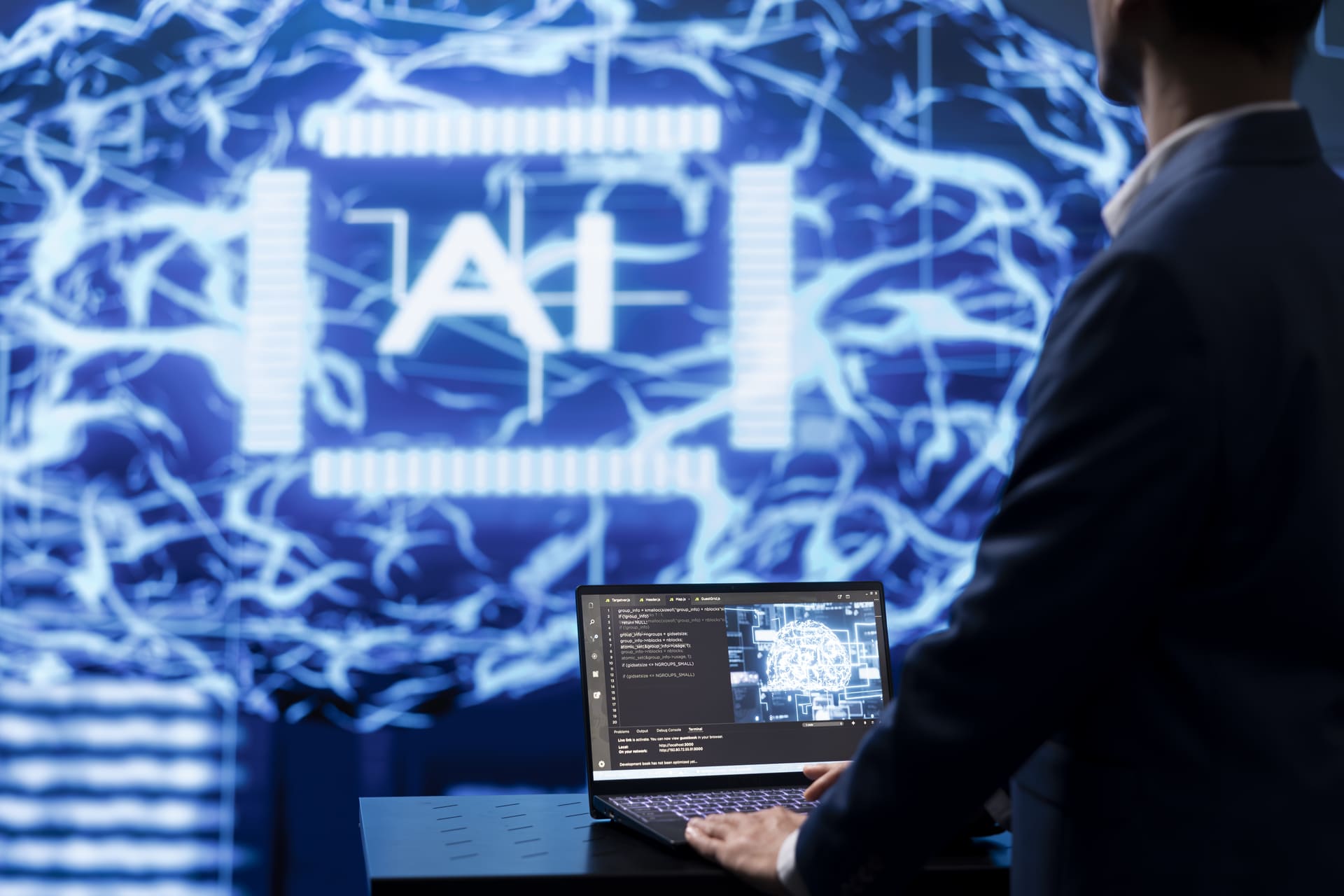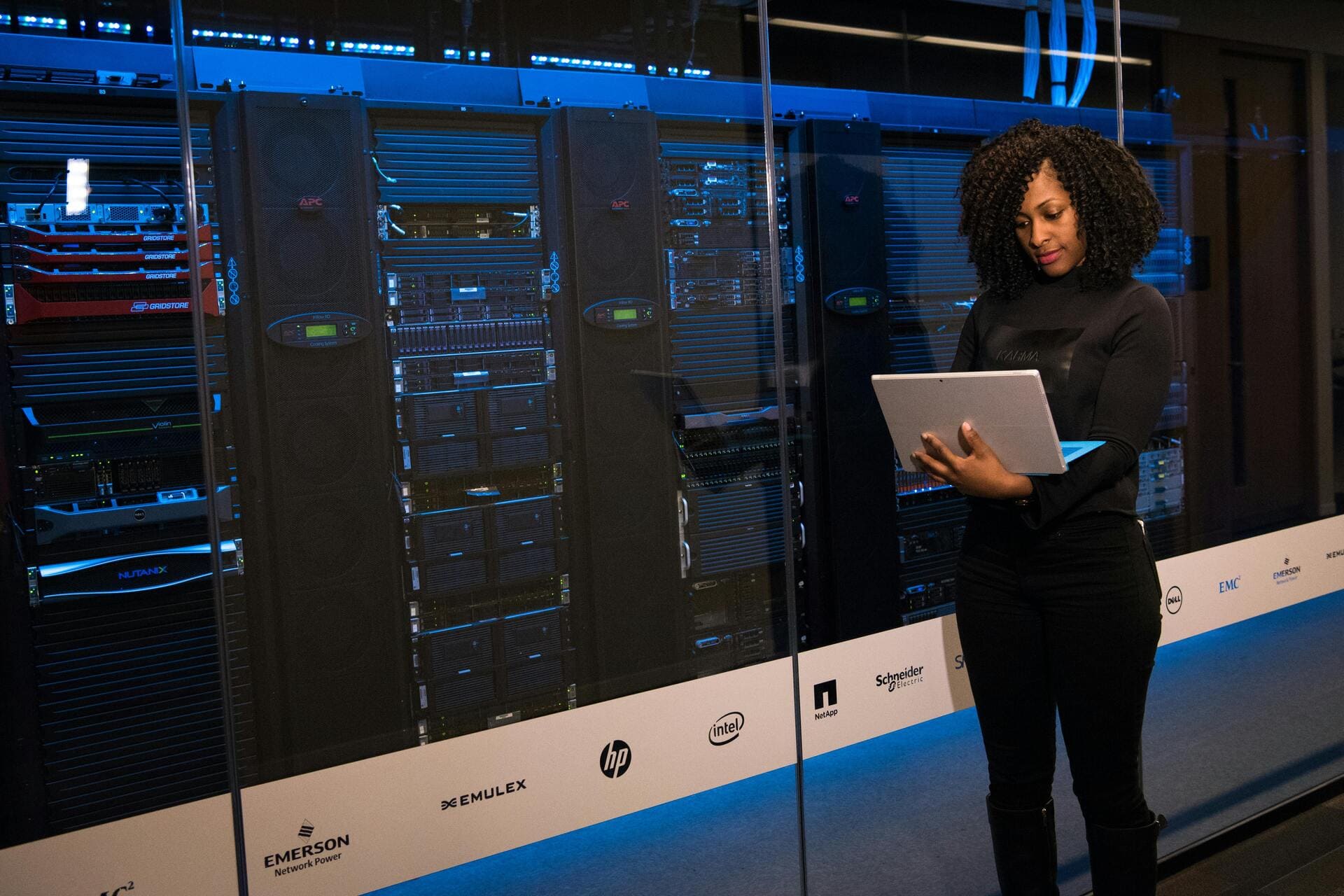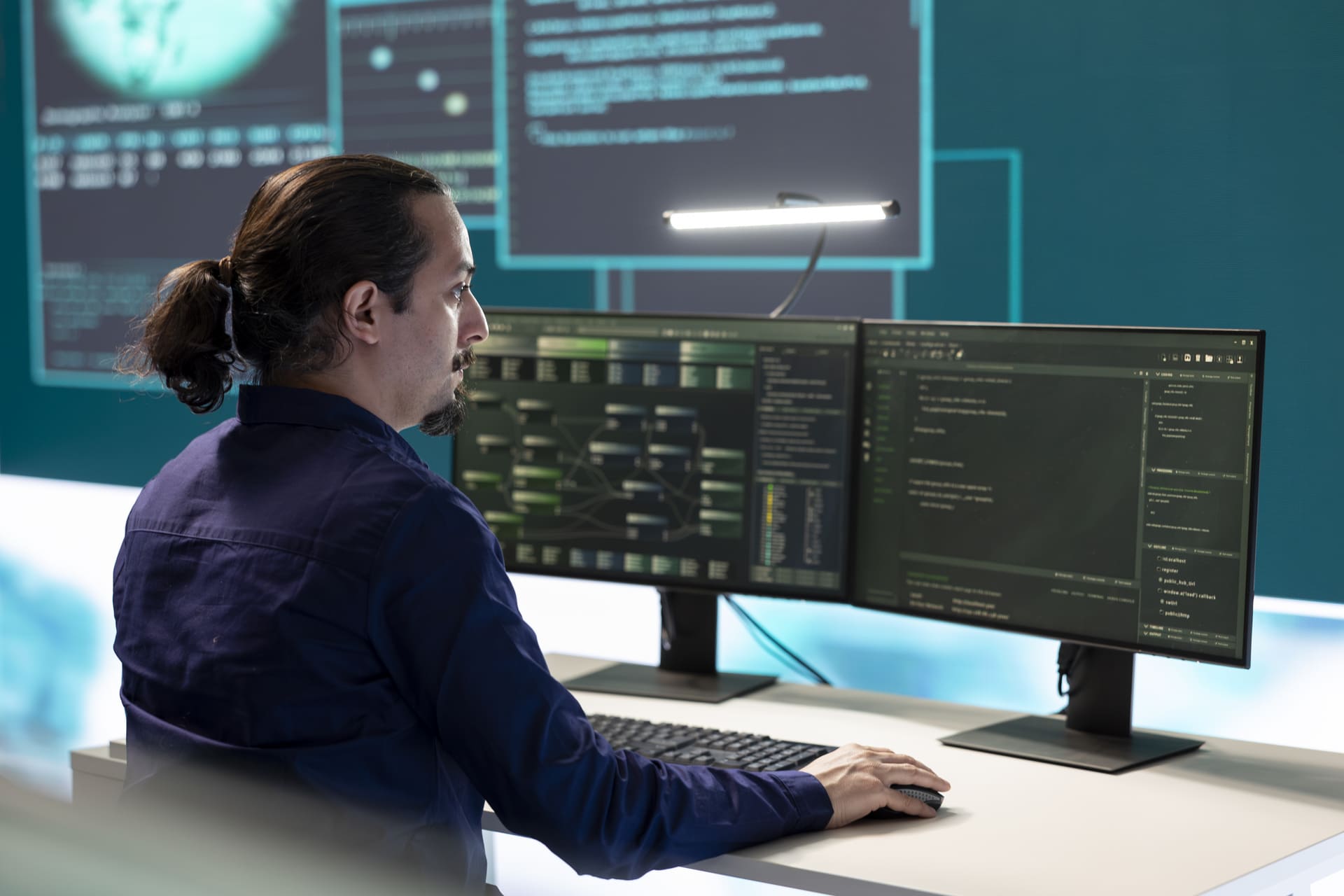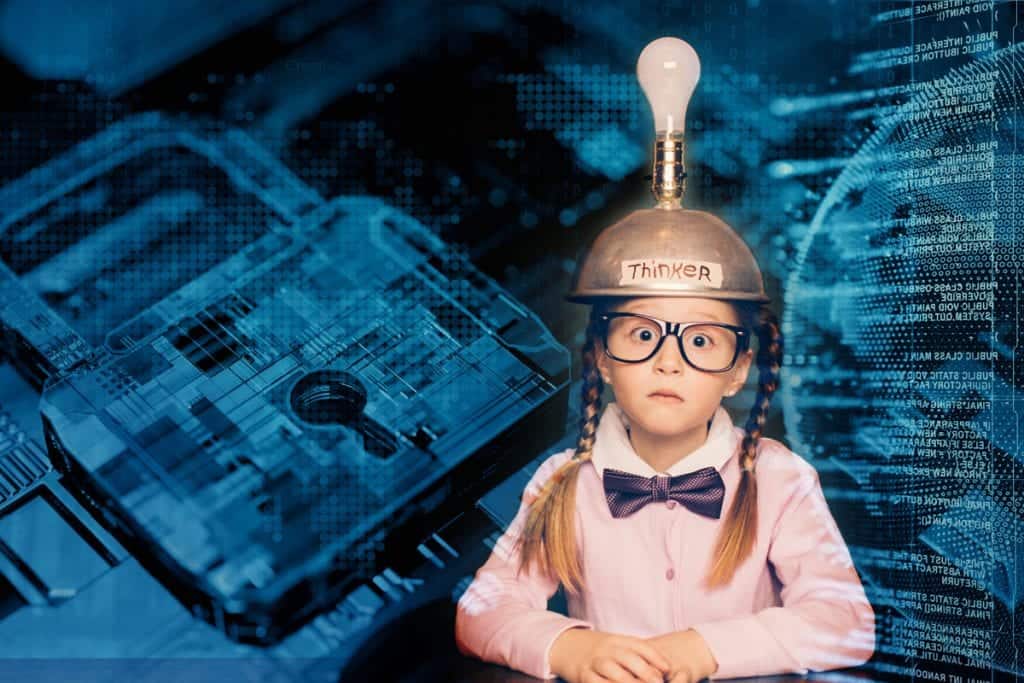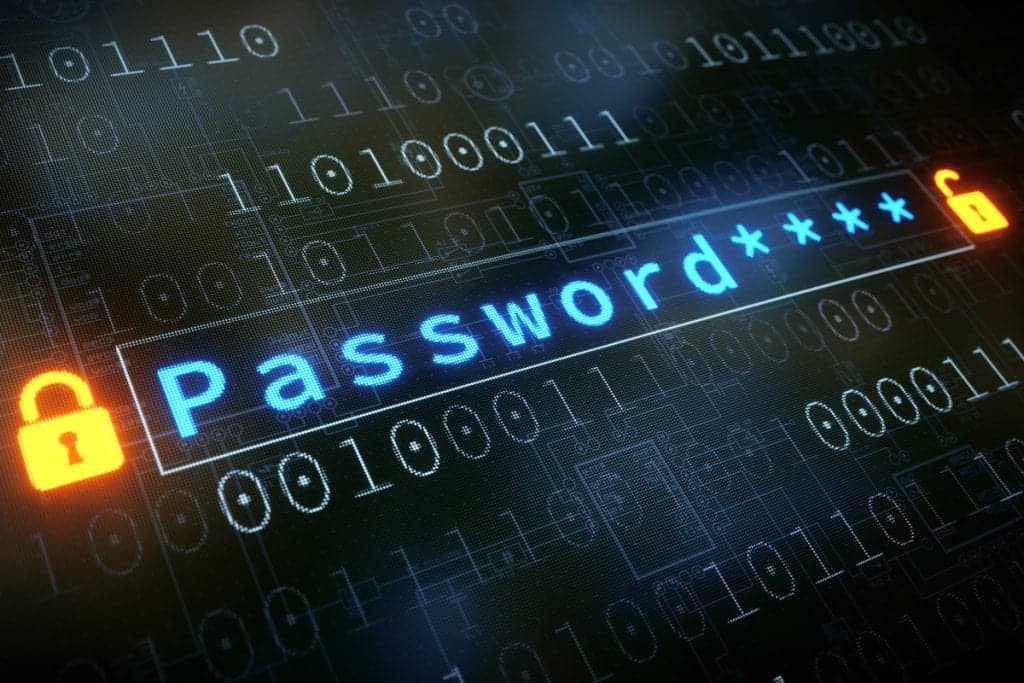No, AI will not replace cybersecurity professionals entirely, but it will transform how we protect digital assets.
While artificial intelligence excels at processing vast amounts of data quickly and automating routine tasks, human expertise remains essential for strategic decision-making, creative problem-solving, and managing complex cyber threats that require contextual understanding.
The rapid advancement of AI has left many business owners wondering if their cybersecurity investments will become obsolete. This uncertainty creates real risks; companies may delay critical security upgrades or make poor technology choices that leave them vulnerable to increasingly sophisticated attacks. Without proper guidance, businesses could either over-invest in unnecessary AI tools or miss opportunities to enhance their security posture.
At CMIT Solutions, we’ve spent over 25 years helping businesses cope with evolving cybersecurity challenges. Our network of 900+ IT experts has successfully integrated AI-enhanced tools while maintaining the human oversight that keeps your business truly secure.
Our cybersecurity solutions combine cutting-edge AI technology with expert human analysis to protect your business from today’s evolving threats.
The Current State of Cybersecurity and AI Integration
The cybersecurity landscape is undergoing a significant transformation as AI becomes increasingly integrated into security operations. Today’s cybersecurity professionals are finding that AI tools can process vast amounts of data in seconds that would take human analysts hours to review. However, this integration isn’t about replacing human expertise; it’s about enhancing it.
Key challenges that make AI support essential:
- Cybercrime costs are expected to reach $10.5 trillion annually by 2025, as threats become more frequent and sophisticated.
- 95% of successful cyber attacks involve human error, most often when everyday employees fall for phishing emails, malicious links, or social engineering tactics.
- There are projected to be 3.5 million unfilled cybersecurity jobs worldwide by 2025, highlighting the need for AI to help human teams do more with fewer resources.
💡 Hypothetical scenario: A small manufacturing company noticed unusual network activity during off-hours. Their AI-powered monitoring system immediately flagged suspicious data transfers and blocked potentially malicious connections. However, it took a skilled cybersecurity expert to determine that the activity was actually an employee working late on a critical project, not a cyberattack. This scenario illustrates how AI in cybersecurity today works best when combined with human judgment.
From our experience at CMIT Solutions, businesses that use AI to enhance their security posture see 60% faster threat detection while reducing false positives by 40%. The key is implementing these tools strategically, not as a replacement for human oversight, but as a force multiplier for your security team.
⚖️ How can generative AI be used in cybersecurity? It supports automated threat detection, incident response, compliance reporting, and fraud prevention — all while augmenting human expertise for stronger security outcomes.
The Impact of AI on Cybersecurity
AI is transforming the cybersecurity industry in five fundamental ways that strengthen rather than replace human security efforts:
- Threat Detection Enhancement: AI can analyze network traffic patterns and identify anomalies that might indicate a potential threat within milliseconds. Machine learning algorithms continuously learn from new attack patterns, improving their accuracy over time.
- Automated Response Capabilities: When AI detects suspicious activity, it can automatically isolate affected systems or block malicious IP addresses. This immediate response prevents threats from spreading while human experts develop comprehensive remediation strategies.
- Predictive Analytics for Prevention: By analyzing historical data from previous attacks, AI systems can predict likely attack vectors and vulnerabilities. This proactive approach allows security teams to strengthen defenses before attackers strike.
- False Positive Reduction: Traditional security systems often overwhelm analysts with alerts, many of which are false alarms. AI tools excel at distinguishing between genuine threats and benign activities, allowing human experts to focus on real security incidents.
- 24/7 Monitoring Improvements: AI never sleeps, providing continuous surveillance of network activity and data analysis. This constant vigilance complements human expertise during business hours and provides protection when staff aren’t available.
⚖️ Pros and cons of AI in cybersecurity: AI delivers faster threat detection, predictive analytics, and automation of routine tasks. However, it requires expert oversight to prevent automation bias and to address novel, complex threats that AI alone might miss.
| Capability | AI Strengths | Human Strengths |
|---|---|---|
| Data Processing | Analyzes massive data sets instantly | Understands context and business impact |
| Pattern Recognition | Identifies known attack signatures | Recognizes novel and creative threats |
| Response Speed | Immediate automated responses | Strategic incident management |
| Learning | Continuous improvement from training data | Adapts to unprecedented situations |
| Decision Making | Rule-based consistent actions | Ethical and business-aware judgments |
Download our e-book, Local Owners, National Strength, and discover how CMIT Solutions combines trusted local service with national resources to protect, support, and scale your business.
Will AI Take Over Cyber Security Jobs? Separating Fact from Fear
AI will not take over cybersecurity entirely, but it will reshape cybersecurity roles and create new opportunities. The demand for skilled cybersecurity professionals continues to grow, with the Bureau of Labor Statistics projecting 35% job growth through 2031, much faster than average for all occupations.
From CMIT Solutions’ perspective as a managed services provider, we’ve seen how AI affects cybersecurity teams in practical ways. Rather than eliminating positions, AI allows our cybersecurity experts to focus on higher-level strategic work while automated systems handle routine monitoring and basic threat detection.
This shift has increased the value of human expertise, as businesses need skilled professionals who can manage AI tools and make complex security decisions.
💡 Real-World Example: An IT manager at a regional healthcare company worried that AI would make his cybersecurity knowledge obsolete. After implementing AI-enhanced monitoring, he discovered that his role evolved into overseeing automated systems, interpreting complex threat intelligence, and making strategic decisions about security investments. His expertise became more valuable, not less relevant.
The cybersecurity industry is experiencing unprecedented growth, with new jobs emerging faster than professionals can fill them. AI is helping bridge this skills gap by amplifying the capabilities of existing security teams rather than replacing them.
Jobs That Will Evolve, Not Disappear
The future of cybersecurity careers involves evolution rather than elimination, with traditional roles expanding to incorporate AI management:
- Security Analysts → AI-Assisted Threat Hunters: Modern security analysts use AI tools to identify potential threats quickly, then apply human judgment to investigate complex incidents. They interpret AI-generated insights and make strategic decisions about response priorities.
- Incident Response Teams → Strategic Response Coordinators: These professionals now orchestrate AI-powered incident response while focusing on root cause analysis and long-term prevention strategies. They ensure that automated responses align with business objectives and regulatory requirements.
- Compliance Officers → AI Governance Specialists: As organizations integrate AI into their security operations, compliance officers are expanding their expertise to include AI ethics, algorithmic bias detection, and ensuring AI systems meet regulatory standards.
- Penetration Testers → Advanced Threat Simulation Experts: These cybersecurity professionals now use AI to simulate sophisticated attack scenarios while applying creative thinking to identify vulnerabilities that automated tools might miss.
New Cybersecurity Roles Emerging
The integration of AI in cybersecurity is creating entirely new career paths that didn’t exist five years ago:
- AI Security Engineers: These specialists design and implement AI-powered security systems, ensuring they integrate seamlessly with existing infrastructure. They understand both cybersecurity principles and machine learning algorithms.
- Machine Learning Security Specialists: These professionals focus on protecting AI systems themselves from attacks like data poisoning or model manipulation. They ensure that AI tools remain trustworthy and secure.
- AI Ethics and Compliance Officers: As AI becomes more prevalent in security operations, these specialists ensure that automated systems make fair and transparent decisions while maintaining user privacy and regulatory compliance.
- Automated Response Coordinators: These experts manage the complex orchestration of AI-powered security responses, ensuring that automated actions don’t disrupt business operations or create unintended consequences.
Submit your details through our contact form and discover how CMIT Solutions can enhance your security with AI and human expertise.
Is AI Taking Over Cyber Security? The Reality of Human-AI Collaboration
AI is not taking over cybersecurity but rather transforming it through collaboration with human experts. The most effective cybersecurity strategies combine AI’s processing power with human creativity, judgment, and strategic thinking. This partnership leverages the strengths of both artificial intelligence and human intelligence.
At CMIT Solutions, our approach to blending AI tools with human expertise has proven highly effective for our clients. We use AI-enhanced monitoring systems that can detect anomalies and potential threats 24/7, but our certified cybersecurity professionals interpret these alerts, investigate complex incidents, and make strategic decisions about security policies.
✔️ This hybrid approach ensures that our clients benefit from AI’s speed and accuracy while maintaining the human oversight necessary for complex cybersecurity challenges.
Research from leading cybersecurity programs at universities like MIT and Carnegie Mellon highlights that human-AI collaboration produces better outcomes than either approach alone. Our cost of a data breach information shows that organizations using extensive security AI and automation detected and contained breaches 108 days faster on average (249 days vs. 357 days), demonstrating the substantial advantage of combining AI tools with human expertise.
⚠️ Organizations that rely too heavily on AI without human oversight often experience “automation bias”, blindly trusting AI decisions without proper validation. This can lead to missed threats or inappropriate responses that disrupt business operations.
The reality is that cyber threats are becoming more sophisticated, with attackers using AI to create more convincing phishing emails, develop new malware variants, and find novel ways to exploit vulnerabilities. Defending against these AI-powered attacks requires human creativity and strategic thinking that current AI systems cannot replicate.
Is Cybersecurity Safe from AI Completely? Addressing the Concerns
Cybersecurity is not completely safe from AI disruption, but the changes create opportunities rather than eliminate the field. While AI will affect certain cybersecurity tasks and roles, it will simultaneously generate new positions and enhance the value of human expertise in areas where artificial intelligence struggles.
The key concern for business owners isn’t whether to invest in cybersecurity professionals, but how to find experts who understand both traditional security principles and emerging AI technologies. The cybersecurity field is experiencing a fundamental shift where professionals must adapt their skills to work effectively with AI systems.
| Impact Level | Cybersecurity Roles | AI Effect |
|---|---|---|
| High Automation | Log Analysis, Basic Monitoring | Mostly automated but requires human oversight |
| Moderate Impact | Incident Response, Vulnerability Assessment | Enhanced by AI, human expertise remains critical |
| Low Impact | Strategic Planning, Compliance Management | AI provides data insights, humans make decisions |
| New Opportunities | AI Security, ML Model Protection | Entirely new roles created by AI adoption |
💡 Business Owner Scenario: A manufacturing company owner debated relying solely on AI tools for cybersecurity versus hiring a traditional security expert. Ultimately, they chose to combine AI-powered systems with an experienced cybersecurity manager. This blend of advanced technology and human judgment led to 85% fewer security incidents and much faster, more accurate responses when threats emerged.
The field of cybersecurity is actually expanding due to AI integration. As businesses adopt AI systems, they need professionals who can secure these tools, manage AI-powered security operations, and ensure that automated systems make appropriate decisions in complex situations.
What AI Can Do in Cybersecurity
Understanding AI’s capabilities helps businesses make informed decisions about their security investments and staffing needs:
- Automated log analysis: AI can analyze massive amounts of data from network logs, identifying patterns and anomalies that might indicate security threats. This analysis happens continuously and can process information far faster than human analysts.
- Pattern recognition for threats: Machine learning algorithms excel at recognizing known attack signatures and identifying variations of familiar threats. AI can flag suspicious network traffic, unusual user behavior, or malicious code patterns.
- Incident response coordination: When threats are detected, AI systems can automatically coordinate initial response actions like isolating affected systems, blocking suspicious IP addresses, or alerting security teams with prioritized threat assessments.
- Vulnerability scanning: AI-powered tools can continuously scan systems for known vulnerabilities, automatically prioritizing risks based on potential impact and exploitability. This ongoing assessment helps maintain strong security postures.
Speed Comparison:
- Human analyst reviewing security logs: 2-4 hours for basic analysis
- AI system processing same data: 2-4 minutes with detailed threat scoring
- Combined approach: AI provides initial analysis, human expert validates and responds strategically
What AI Cannot Do in Cybersecurity
Recognizing AI’s limitations helps explain why human cybersecurity expertise remains essential:
- Strategic decision making: AI systems follow programmed rules but cannot make complex business decisions that balance security needs with operational requirements. Human experts understand how security decisions affect business processes and can make appropriate trade-offs.
- Creative problem solving for novel threats: When attackers use new techniques or exploit previously unknown vulnerabilities, AI systems may not recognize these threats. Human cybersecurity professionals can think creatively and adapt their defensive strategies to counter innovative attacks.
- Ethical considerations: Security decisions often involve privacy concerns, legal compliance, and ethical implications that require human judgment. AI cannot weigh these factors appropriately or make decisions that align with organizational values and legal requirements.
- Business context understanding: Effective cybersecurity requires understanding how security measures affect business operations, employee productivity, and customer experience. Human experts can balance security needs with practical business considerations.
- Complex incident investigation: While AI can identify and contain threats, investigating sophisticated attacks often requires human intuition, creativity, and the ability to understand attacker motivations and methods that may not follow predictable patterns.
The Future of Cybersecurity: What Businesses Need to Know
The future of cybersecurity will be defined by intelligent collaboration between AI systems and human experts, creating more effective and comprehensive security strategies. Businesses that embrace this hybrid approach will be better positioned to defend against evolving cyber threats while maintaining operational efficiency.
CMIT Solutions’ roadmap for helping businesses with AI integration focuses on gradual implementation that enhances existing security measures rather than replacing them entirely. We help organizations identify where AI can provide the most value, typically in areas requiring continuous monitoring and rapid data processing, while ensuring that human expertise guides strategic security decisions.
Future Cybersecurity Timeline:
- 2025-2026: AI becomes standard in threat detection and monitoring
- 2027-2028: Automated incident response systems become mainstream
- 2029-2030: AI-powered predictive security becomes widely adopted
- 2031+: Human-AI collaboration becomes the cybersecurity standard
Government initiatives like the NIST AI Risk Management Framework are establishing standards for secure AI implementation in cybersecurity. These guidelines emphasize the importance of human oversight and the need for cybersecurity expertise in managing AI systems safely and effectively.
The cybersecurity landscape will continue evolving, but the fundamental need for skilled professionals who understand both technology and business requirements will remain constant. Organizations that invest in both AI tools and human expertise will have the strongest security postures.
Prepare Your Business for the AI-Cybersecurity Future With CMIT Solutions
Positioning your business for the AI-enhanced cybersecurity future requires a strategic approach, and CMIT Solutions can help you get there. Our team combines cutting-edge technology with expert guidance to ensure your security evolves alongside the threat landscape:
- Assess your current security infrastructure: CMIT Solutions will evaluate your existing cybersecurity systems to identify where AI can strengthen protection without disrupting business operations. We review both technical capabilities and staff readiness.
- Identify where AI can enhance protection: We help you prioritize AI tools for continuous monitoring, threat detection, and automation of routine tasks, relieving pressure on your internal team while enhancing security.
- Maintain human expertise and oversight: With CMIT’s experts at your side, you’ll have skilled professionals guiding AI implementation, validating automated decisions, and managing complex security incidents that require human judgment.
- Plan for emerging threats and opportunities: CMIT works with you to build strategies for defending against AI-powered attacks while using AI for proactive defense. We also provide staff training on the latest AI-related risks and opportunities.
- Partner with a proven managed security provider: CMIT Solutions brings decades of experience in combining traditional security practices with AI innovation, so you can trust that your business is protected today and prepared for tomorrow.
Contact CMIT Solutions at (800) 399-2648 to discuss how we can help your business align with the evolving cybersecurity landscape with confidence.
FAQs
Will AI make cybersecurity too expensive for small businesses?
AI makes cybersecurity more affordable for small businesses by automating expensive manual processes and reducing the need for large security teams. Many AI-powered security tools are now available through managed service providers at reasonable monthly costs, making enterprise-level protection accessible to smaller organizations.
How do I know if my current cybersecurity provider is using AI effectively?
An effective cybersecurity provider should demonstrate faster threat detection, fewer false positives, and clearer reporting on security incidents. They should also explain how AI tools enhance their human expertise rather than replacing it, and provide transparency about their AI implementation strategy and oversight processes.
What happens if AI systems get hacked or compromised?
AI security systems include multiple layers of protection and human oversight to prevent compromise. If an AI system is attacked, human cybersecurity experts can quickly identify the issue, isolate affected systems, and implement alternative security measures while restoring the AI tools safely.
Should I wait to invest in cybersecurity until AI technology matures?
Waiting to invest in cybersecurity leaves your business vulnerable to current threats, while AI-powered attacks are already being used against unprepared organizations. The best approach is to implement AI-enhanced security solutions now with proper human oversight, allowing you to benefit from current AI capabilities while staying protected.
How can I tell if my business actually needs AI-powered cybersecurity tools?
If your business handles sensitive data, operates online systems, or has experienced security challenges like overwhelming security alerts or slow threat detection, AI-powered tools can provide significant benefits. A cybersecurity assessment can help determine which AI capabilities would most benefit your specific situation and budget.

